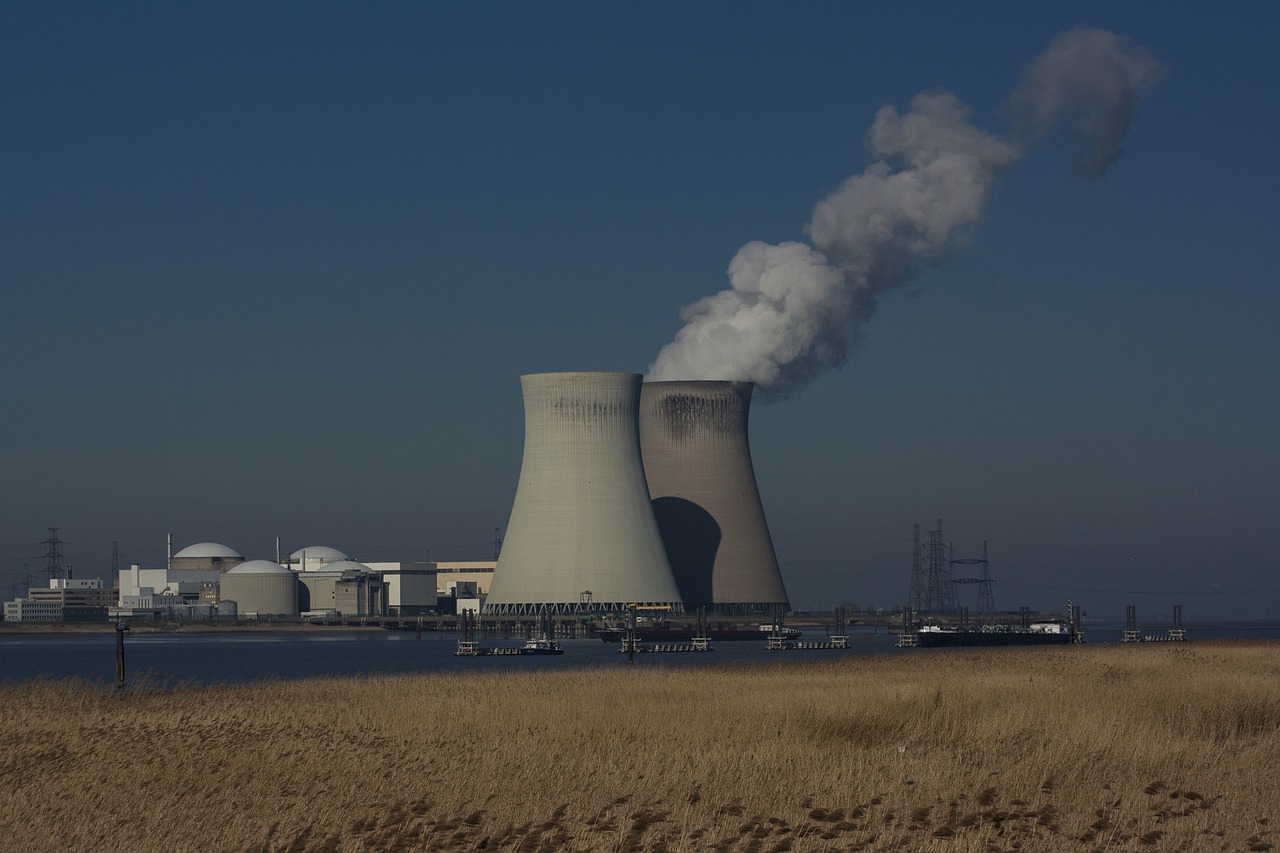The terrifyingly bad-value Hinkley Point C deal based on out-dated renewables projections and unproven nuclear technology offers an already archaic answer to a problem that could be solved with ever- cheaper alternative renewables. Instead, affirmation of the nuclear renaissance for the UK demonstrates a desperate grasp at international cooperation in the wake of Brexit.
10 years in the making, the first of the UK’s new nuclear plants got the green light from Prime Minister Teresa May on 15th September after a soap opera worthy negotiation process with funders France’s Électricité de France (EDF) and China’s China General Nuclear (CGN). The decision came nearly 9 weeks after May put the brakes on the deal shortly after taking up residence in No. 10, to review the viability and security of the $18 billion project.
Yet the go-ahead, citing Hinkley Point C’s important contribution to a low carbon energy future in the UK, thinly veiled the concession to mounting geo-political pressure from China and France, marks what can only be described as a short-sighted decision which undermines the UK’s long term commitment to a low-carbon future, and seals the deal for nuclear as the panacea to the UK’s energy future.
A radioactive deal in the shadow of geopolitics
The Hinkley Point C deal has been subject to almost universal condemnation from the outset, even from advocates of nuclear power, making Teresa May’s affirmative decision for the project particularly hard to stomach. Among the objections is the highly controversial 35-year guaranteed electricity price, based on out-dated electricity cost projections, which sits at twice the current wholesale price, and is likely to cost UK taxpayers an estimated £30 billion over the term.
If the out-dated economics and false projections upon which the deal was based were not enough to de-rail the agreement, the unproven, EDF developed Evolutionary Power Reactor (EPR) nuclear reactor technology, which has a track record of significant delays, cost overruns, and the fact that it is yet to be successfully installed, should have been. Concerns were furthermore raised regarding the security related concerns about Chinese involvement in the ownership of the plant.
Yet the review, and ultimate go-ahead, only brought in a new ‘golden share’ for the UK to protect Hinkley Point C from further unapproved changes in ownership, locking the UK in to out-dated and overpriced energy until at least 2060.
With so many objections and clearly obsolete terms, the go-ahead for Hinkley Point C is almost impossible to understand, with a study commissioned by the UK Government (by way of the National Audit Office) itself championing the cost benefit of other renewables in place of nuclear. Yet contextualising the deal in the post-Brexit reality in which the UK put itself, it seems May clearly buckled under pressure from France and China, who both have much to gain from the deal (as opposed to UK customers), and to maintain strategic international relationships which were on the line should the deal fail.
The nuclear renaissance’s heavy cost
What makes the deal even more unpalatable is that it comes at the cost of alternative renewable energy solutions. Amidst the green wash surrounding nuclear power development, the government has been demolishing policies that support other forms of renewable energy and energy saving. Thus they have ensured that the UK is locked-in to a predominantly nuclear energy future, indeed Hinkley Point C’s go ahead is linked to two more nuclear plants in the UK. Projected percentages of renewables on the grid and investment into their development could therefore be directly undermined by the Governments clearly pro-nuclear standpoint, and reaching vital climate targets may also now be less likely.
To add insult to injury, the potential of renewable energy, without nuclear, has been confirmed by the Energy and Climate Intelligence who deemed Hinkley Point C as not essential for the UK to meet its energy and climate targets, and its absence would in fact save a cost of £1 billion. With the positives and performance trends of renewable energy, including falling prices, increasing efficiency, popularity with the public, and reduced waste and disposal costs, we should surely be focusing on their deployment to address the electricity crunch that looms.
The go-ahead of Hinkley Point C amidst the rise of renewable energy therefore prompts a wider question- is nuclear needed in the system at all?
Proponents of nuclear power cite the necessity of having nuclear ‘baseload’ energy in the grid in order to counter the variability of the renewable energy. Yet the rise and development of renewable technology, smart grids, and innovations in energy storage mean that the system is developing to require response driven, variable backup energy (until energy storage comes online) to provide a solution to the question of intermittency of renewables. Nuclear technology, including that being used in Hinkley Point C, is not able to vary output to meet demand, making it, in fact, one of the most incompatible solutions for a renewable driven energy future, and support of it will leave the British energy system in the dark ages for at least 35 years.
Hinkley Point C- an energy dinosaur
Hinkley Point C is a solution for a problem that existed when the deal was first dreamt up, 10 years ago, which no longer has relevance to the technology and systems available today, which make a non-nuclear, renewable energy system ever more viable. May’s concession to geopolitical pressure to construct the radioactive monstrosity at the cost of an astonishingly bad value deal will therefore ultimately undermine the UK’s chance to develop an innovative, truly renewable energy system for the future.
1 comment













1 Comment
TS
03/11/2016, 3:46 pm“If you’re anti-nuclear, you’re pro-fossil fuels.”
REPLY“If you are anti-carbon dioxide and anti-nuclear, you are pro-blackout.”
“In the face of climate change, you cannot be anti-nuclear unless you are pro-fossil, pro-poverty, and pro-air-pollution.”